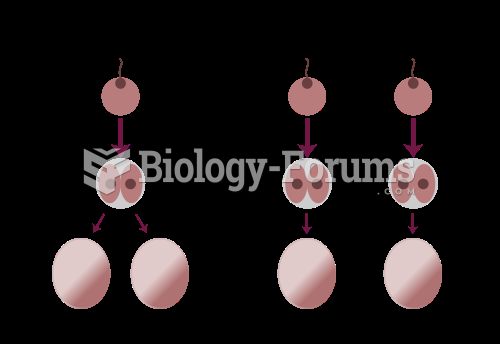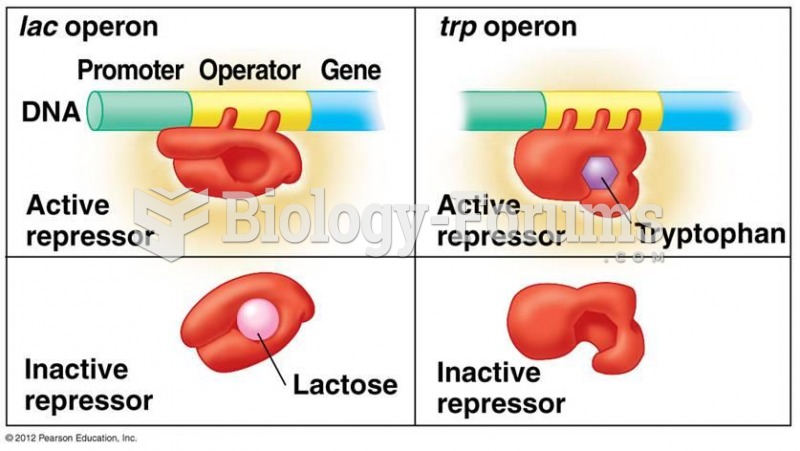Answer to Question 1
Treatment for ADHD has proceeded on two fronts: biological and psychosocial interventions. Typically, the goal of biological treatments is to reduce the children's impulsivity and hyperactivity and to improve attentional skills. Psychosocial treatments generally focus on broader issues such as improving academic performance, decreasing disruptive behavior, and improving social skills. It appears that stimulant medications reinforce the brain's ability to focus attention during problem-solving tasks. Although the use of stimulant medications remains controversial, especially for children, most clinicians recommend them temporarily, in combination with psychosocial interventions, to help improve children's social and academic skills. The concerns over the use of stimulant medications now include their potential for abuse. Drugs such as Ritalin are sometimes abused for their ability to create elation and reduce fatigue. The widespread misperception that use of these prescription medications is harmless is also of great concern. This is particularly worrisome for children with ADHD because they are at increased risk for later substance abuse. A newer drugatomoxetine (Strattera)also appears effective for some children with ADHD, but it is a selective norepinephrine-reuptake inhibitor and therefore does not produce the same highs when used in larger doses.
Some portion of children with ADHD do not respond to medications, and most children who do respond show improvement in ability to focus their attention but do not show gains in the important areas of academics and social skills. In addition, the medications often result in unpleasant side effects, such as insomnia, drowsiness, or irritability. Because of these findings, researchers have applied various behavioral interventions to help these children at home and in school. In general, the programs set such goals as increasing the amount of time the child remains seated, the number of math papers completed, or appropriate play with peers. Reinforcement programs reward the child for improvements and, at times, punish misbehavior with loss of rewards. Other programs incorporate parent training to teach families how to respond constructively to their child's behaviors and how to structure the child's day to help prevent difficulties. Social skills training for these children, which includes teaching them how to interact appropriately with their peers, also seems to be an important treatment component.
For adults with ADHD, cognitive-behavioral intervention to reduce distractibility and improve organizational skills appears quite helpful. Most clinicians typically recommend a combination of approaches designed to individualize treatments for those with ADHD, targeting both short-term management issues (decreasing hyperactivity and impulsivity) and long-term concerns (preventing and reversing academic decline and improving social skills).
Answer to Question 2
c







